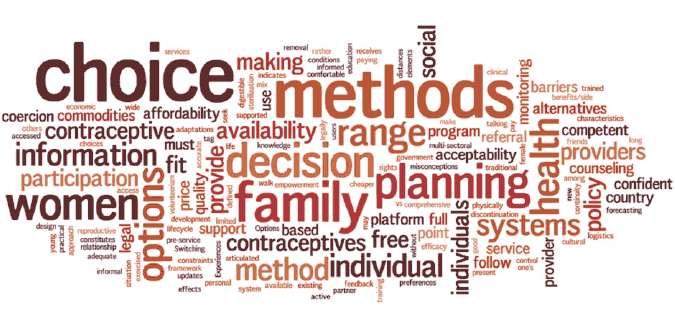Blog post by Jan Kumar, EngenderHealth/RESPOND Project
The planets have aligned in Uganda over the past few weeks for a significant shift in the country’s national family planning (FP) program that sets it on a new and ground-breaking course. From July 28-30, 2014, the Ugandan Ministry of Health (MOH)—with support from the United Nations Population Fund (UNFPA)—hosted an event titled “Accelerating social and economic transformation through universal access to voluntary family planning.” President Museveni used this opportunity to accelerate the government’s commitment to FP2020 and to voice his endorsement for FP as a means to improve maternal health, reduce poverty, and support social and economic development. The meeting paved the way for the promotion of equitable access to a wide range of quality FP services that ensure full, free, and informed choice, as well as the protection and fulfillment of human rights for all Ugandan women and couples who wish to space or limit their childbearing.




